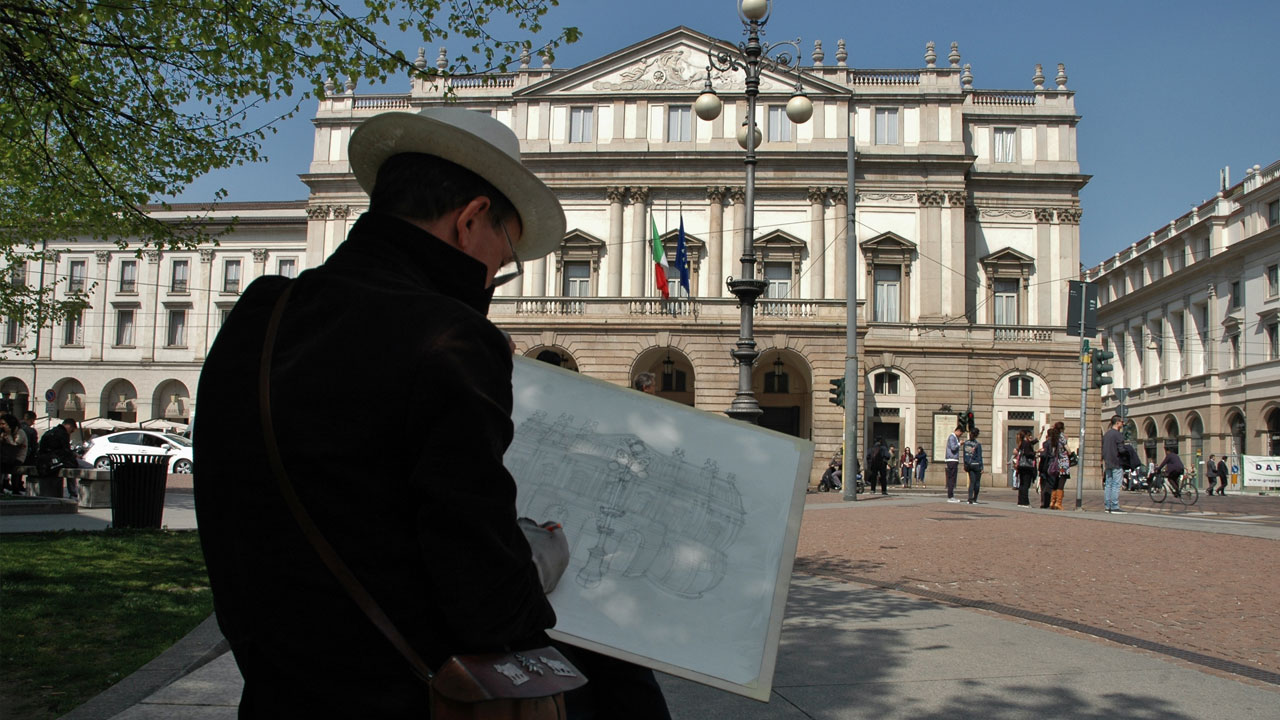Seemingly every company today operating in the hospitality and tourism sector is marketing it-self as Experiential Travel versus a product, based on rising demand from consumers for more authentic and engaging travel experiences.
According to Forbes, consumers are quickly realizing this, and that realization is fundamentally changing the leisure travel industry. The movement is already well underway, and it affects travelers at all budgets and price points because when it comes to vacation, time, not money, remains the scarcest commodity.
The common term for this trend is “experiential travel” but many in the business call it “making memories.” Either way, it is big a fundamental shift in both consumer and industry mindset that is seeing spas, long a hot sector and must-have for luxury hotels, suddenly fall out of vogue, while cooking schools with demo kitchens are the next big thing. Travelers still love tropical sands and azure water, but do-nothing beach vacations are being supplanted by multi-day surfing schools at top luxury resorts.
The Four Seasons in Florence is easily the city’s top luxury hotel and the choice for anyone visiting the city who can afford it. It occupies a one of a kind property in an unbeatable location with the city’s finest room and service and has a beautiful spa and Michelin-starred dining.
Experiential Travel: the effects of a cooking or photography class while traveling in Italy can last a lifetime.
All this would make it pretty easy for the property to rest on its laurels. But in today’s world, the Four Seasons isn’t just competing against other Florence hotels, it is competing against other destinations, cities in Italy, across Europe, and around the world. To woo its demographic, the hotel has been unveiling a series of only-in-Florence and only-at-the-Four-Seasons experiences. One example: they rented the tallest, and one of the only rooftop patios on the iconic and famous Ponte Vecchio bridge, atop one of the many family-owned jewelry shops that have lined the bridge for centuries. They offer guests a catered private sunset dinner or cocktail party for up to eight in the truly one of a kind setting, and this is a guaranteed “memory maker” – and a space that no luxury concierge service can get. I visited, and it is one of the most stupendous and special meal locations I have seen on earth. For many guests, it might well be the highlight of their Italy trip, and for the hotel it’s a simple matter of “you can’t stay anyplace else and do this.” And that is the next big travel industry arms race.

Experiential Travel, also known as immersion travel, is a form of tourism in which people focus on experiencing a country, city or particular place by connecting to its history, people and culture. Therewith the concept is based on very similar mechanisms as for example experiential education, experiential knowledge, experiential interior design, and experiential marketing.
What is Experiential travel?
A recent article from Revolvy perfectly describes how Experiential travel can enrich a traveler’s experience. Experiential Travel can emphasize different areas of local life – culinary, culture, history, shopping, nature or social life – and can therewith be the basis for a holistic travel experience.
The goal is to more deeply understand a travel destination’s culture, people and history by connecting with it more than just by visiting it. Therefore, the traveller usually gets in touch with locals who give guidance how to experience a place. This can be a friend, an accommodation host or another person.
History
The term “experiential travel” is already mentioned in books and publications from 1985 – however it was discovered as a meaningful market trend in 2012.
Are you looking for a more in depth experience and are considering moving temporarily or permanently to Italy to study or work? Check for here more information about our relocation services.



